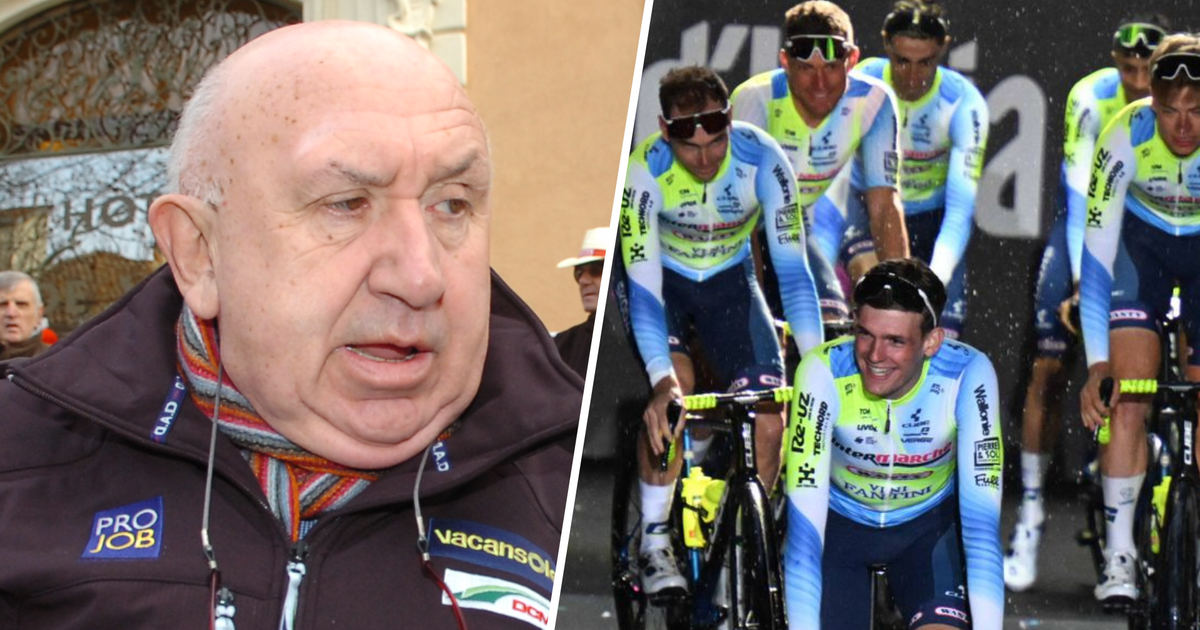“Three million euros in debt,” he said bluntly. “Euro, eh. Three million Belgian francs you can solve. But three million euros? I can’t wrap my head around it.”
“I warned JF: they’re spending your money — don’t you feel that?”
Central to Van der Schueren’s account is a sense that leaders at the top lost control of spending long before the hole became public. “I need to be careful what I say — I don’t want a lawsuit for slander,” he began, before making clear just how loudly he had raised concerns. “But I warned JF. ‘Wake up, they’re spending your money. Don’t you feel that?’”
One example in particular left him stunned. “Do you think it’s normal that a team with no money goes on a training camp in December to Albir with one hundred people? Do you know what that costs? The entire development squad was there. In January, fine — but December? We couldn’t afford that.”
According to Van der Schueren, CEO Jean-François Bourlart repeatedly insisted this was part of “professionalising”. The veteran DS argues that the ambition far outsprinted reality. “I agree with professionalising — but only if you have the money for it.”
“I helped put that team on the map — that’s why it hurts”
Van der Schueren’s emotional investment in the team is impossible to miss. He joined Wanty in 2014 when, as he describes it, “there wasn’t enough money to even make a team.” He brought in nearly a million euros in sponsorship and worked his first year for free.
“I introduced Jean-François and the people of Wanty to ASO, after which we could go to the Tour in 2017. I didn’t do anything alone, but the Wanty team is also a bit my team. I put so much energy into it. That’s why it hurts to see them now heading towards the abyss.”
Tactical confusion, staff exodus and a squad losing its wayThe sporting decline in 2024 and 2025 baffled him just as much as the financial one. A squad still containing riders like Gerben Thijssen, Arne Marit and Biniam Girmay delivered only four wins. “I don’t understand it,” Van der Schueren admitted. “Look at the riders they still had. Lorenzo Rota hasn’t won a race for two years — if Valerio Piva were still directeur sportif, that would never happen.”
He was equally critical of tactical decisions. “Everything is for one man now. I understand you must protect Biniam — of course — but not with six riders. How often do you still see an Intermarché–Wanty rider in the break?”
The decline, he says, wasn’t limited to the road. Their once-celebrated medical and cyclocross departments — “the best in Belgium” — collapsed after key staff walked out over broken promises. “Since my departure, more than twenty members of staff have left. It’s a disaster.”
“What gives me the least confidence? The same people who spent the money are the first making the switch”With Lotto and Intermarché–Wanty now forced together out of necessity, Van der Schueren is sceptical about the merger’s prospects. “What gives me the least confidence: I see the same people who spent the money now being the first to make the switch.”
Despite his criticism, he remains clear that Bourlart himself was not the problem. “I do think Jean-François is a capable manager. We always had a good relationship. His business club system kept us afloat for years.”
But the lingering sense is unmistakable: a project he helped build has been torn down by decision-making he never believed the team could afford. “I’ve seen and done everything in cycling,” he said. “But this… this hurts.”
